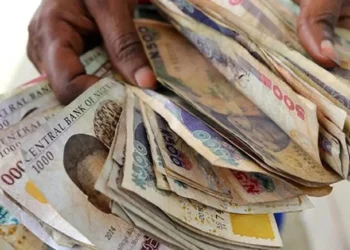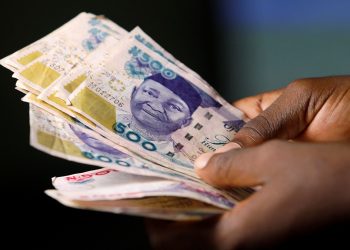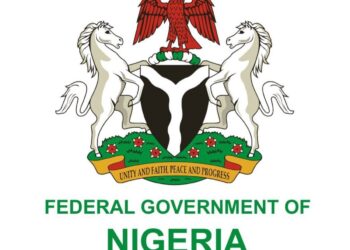Central Bank of Nigeria (CBN) Governor Yemi Cardoso has highlighted a notable decline in market volatility, which he attributes to recent foreign exchange (FX) reforms. Speaking after discussions with World Bank representatives in Washington, Cardoso explained that CBN’s policy changes have significantly stabilized Nigeria’s financial markets, increased foreign exchange supply, and boosted remittance inflows.
During the briefing, Cardoso emphasized that CBN’s strategies have reduced speculative behavior and curbed arbitrage opportunities that had previously driven up FX demand. He noted, “Our bold reforms have led to measurable progress; volatility in the FX market has abated significantly, alongside a rise in remittances.” Since taking office, Cardoso’s administration has focused on policies to restore investor confidence, combat inflation, and stabilize exchange rates. Additionally, the CBN has prioritized transparent monetary policies to increase both domestic and international trust.
Bank Recapitalization Aims to Strengthen Economy
The CBN’s recapitalization policy for deposit money banks was another key focus of the briefing. Cardoso stated that strengthening Nigeria’s banking sector is essential for achieving an economy valued at N1 trillion by 2030. He explained that this recapitalization is projected to foster a more resilient banking system by 2026, ultimately providing a stronger foundation for economic growth. Cardoso highlighted CBN’s initiatives to improve financial inclusion and encourage remote banking solutions, intending to lower transaction costs and broaden financial access, particularly for underrepresented groups such as small businesses and rural households.
What Lies Ahead for the Naira
The Nigerian naira, which faced severe depreciation against the dollar earlier this year, has shown recent signs of stability. After hitting a low of N1,900 per dollar, it rebounded to around N1,650. The CBN’s efforts to manage FX rates and prevent speculative trading have helped maintain this stabilization. Alongside these measures, Nigeria has seen a rise in foreign exchange inflows into its reserves, signaling a more positive economic outlook.
CBN’s reforms, including measures targeting informal currency markets, seem to be reinforcing the naira’s stability. However, ongoing economic challenges will require further intervention to secure lasting stability for the currency and broader economy.











